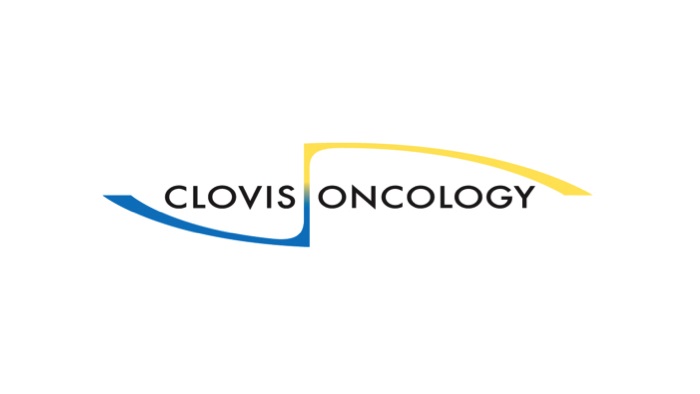Clovis and BMS combine cancer drugs in late-stage trials

Clovis Oncology is looking to make the most of its only approved cancer drug, Rubraca, by combining it in two late stage trials with Bristol-Myers Squibb’s blockbuster immunotherapy, Opdivo.
Approved by the FDA late last year in ovarian cancer, Rubraca (rucaparib) is a poly ADP-ribose polymerase (PARP) inhibitor, a relatively new class of small molecule drugs.
It’s the only drug in Clovis’ pipeline, but the company is looking to find new uses for it beyond its FDA-approved indication, while also looking for new drugs to buy or license.
It faces strong competition as AstraZeneca and Tesaro also have PARP inhibitors approved, and Pfizer has its hands on a potential best-in-class late-stage PARP drug through its acquisition of Medivation last year.
Clovis said it and BMS are planning two phase 3 trials and a phase 2 trial as a combination with BMS’ PD-1 inhibitor drug, Opdivo (nivolumab).
The companies are hoping to improve on existing treatments for the tough to treat cancers by combining Clovis’ small molecule drug with BMS large antibody, which instructs the body’s immune system to attack tumours.
One phase 3 trial will be in advanced ovarian cancer, with a first-line maintenance treatment evaluating Rubraca and Opdivo.
Patients will be newly diagnosed with stage 3/4 high-grade ovarian, fallopian tube, or primary peritoneal cancer who have completed platinum-based chemotherapy.
In comparator arms, patients will receive either Rubraca monotherapy or Opdivo and placebo.
The second phase 3 trial will be in first-line maintenance of advanced triple-negative breast cancers, with Rubraca and Opdivo, Rubraca monotherapy and Opdivo and chemotherapy arms.
Patients will have stage 4 or recurrent locally advanced disease associated with a homologous recombination deficiency.
Finally, the phase 2 study will involve an Opdivo and Rubraca combination in metastatic castration-resistant prostate cancer, as an arm of a larger BMS-sponsored study.
Clovis will be the study sponsor, funder and conducting party for the ovarian cancer study.
BMS will be the study sponsor and conducting party for the breast cancer study, with Clovis and BMS sharing equally all trial costs for the breast cancer study.
Financial terms of the agreement were not disclosed, but the collaboration does not include a licensing agreement.
Clovis will retain global rights to rucaparib, and each company will retain rights for sole economic benefit of their respective compounds.












